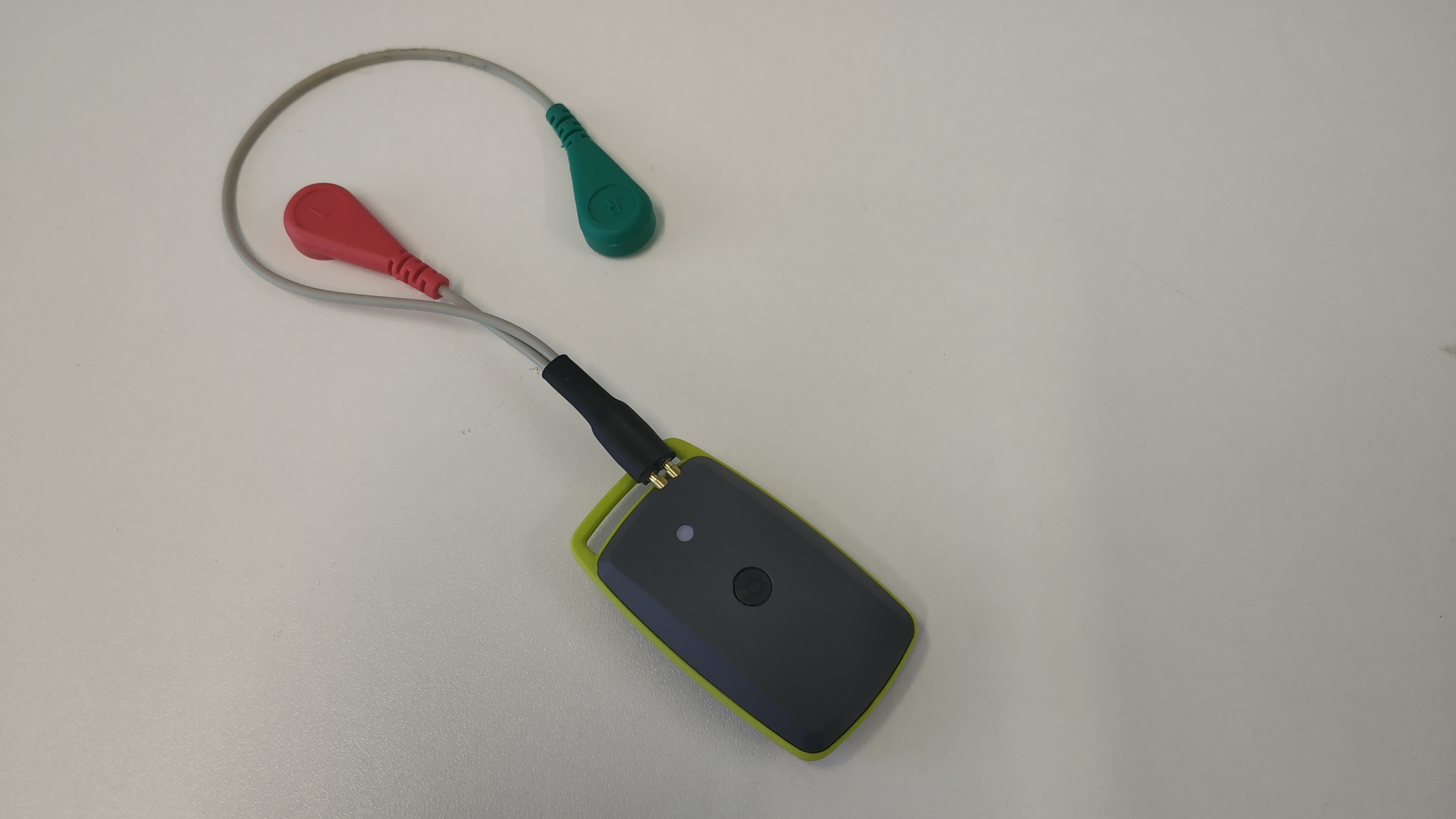Cardiovascular disease (CVD) is currently one of the greatest threats to humanity. Overall, up to 31% of the world’s population is due to cardiovascular disease. Every year in the European Union, CVD succumbs to more than 1.9 mil. people, which represents 40% of all deaths. Caring for human health is closely related to prevention and early diagnosis. However, the rapid lifestyle of today’s world leads people to often neglect the first signs of health problems. At the same time, medical electronics is one of the most progressive areas of industry with rapid implementation of innovations into practice. The project focuses on research and design of non-invasive heart monitoring methods to reduce the impact of cardiovascular disease. New methods of sensing low-voltage heart signals will be investigated with an emphasis on providing a quality signal without artifacts. One of the tasks will be the design of suitable preparation of suitable sensory structures based on organic semiconductors and flexible materials with regard to their applicability in flexible imaging applications. Human heart signals are a big source of data, so one of the stages will be focused on research of methods of automated evaluation of heart signals by neural networks and design of algorithms for evaluation of heart activity and early detection of anomalies. A biometric heart monitoring system interface will be established between the physical layer and the system transmission layer with respect to wireless transmission and storage of data in the data field. Part of the project implementation will be the design of a system for remote data transfer to the data field with the possibility of data visualization for specialists (cardiologists, arrhythmologists). Based on the acquired knowledge, a complex heart monitoring system with several parallel measurement channels will be implemented based on the use of electrodes from new materials and automatic processing of the measured signal. The project is fully in line with the Slovak Intelligent Specialization Strategy RIS3.
The objectives of the submitted project are as follows:
– analysis of heart biosignals and types of changes and anomalies of signals, proposal of using selected methods of heart activity monitoring and analysis of possibilities of using automated recognition of biosignals by neural networks.
– research and design of methods for sensing and monitoring low-voltage heart signals to provide a signal free of artifacts in the direction of different heart axes
– analysis and research of properties of new organic materials, durability and stability with regard to their use in the field of preparation of flexible biometric sensors
– research of methods of automated evaluation of heart signals by neural networks, development of algorithms for evaluation of heart activity and detection of anomalies
– Creation of a biometric heart monitoring system interface between the physical layer and the system layer with respect to wireless transmission and storage of data in the data field
– Implementation and verification of a comprehensive cardiac signal monitoring system with multiple simultaneous measured heart channels
– creating a comprehensive methodology for designing and developing solutions-day monitoring of cardiac and health with a focus on cardiovascular disease character. Identified objectives are fully in line with the strategy of smart specialization RIS3, approved by the government in November, 2013.

